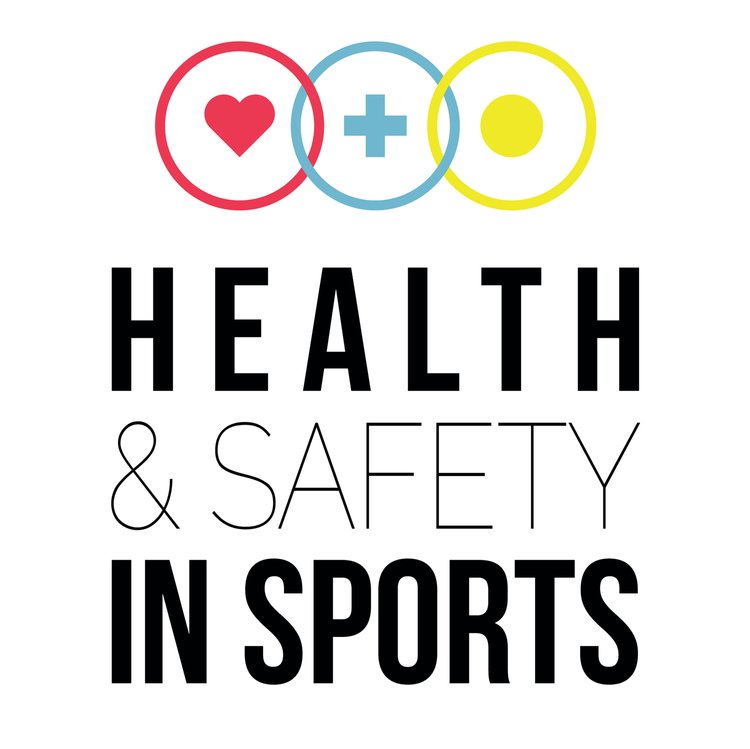PROJECT PARTNERS
· This project is a multicentre study coordinated by the MSH Medical School Hamburg, Germany.
· VU University Medical Center Amsterdam, The Netherlands.
· Swiss Concussion Center, Zurich, Swizterland.
· Hôpitaux Universitaires de Genève, Geneva, Switzerland.
· Paderborn University, Paderborn, Germany.
FUNDING
· The study was funded by the Fédération Internationale de Football Association (FIFA)
BACKGROUND
While many studies have investigated acute football injuries, few have evaluated long-term health consequences of a professional football career. Among the few studies in this area most are related to osteoarthritis and focused on male players. However, it is known that female football players are more prone to ACL injury than their male counterparts, which is a key risk factors for developing arthritis in elite athletes. Currently, there is no data regarding the prevalence and risk factors for arthritis in female football players.
Other possible long-term health sequelae that have recently received attention in the literature are neurocognitive impairments following a contact sport career. Particularly, the potential association of (sub)concussive head impacts/injuries on the development of long-term neurological deficits remains controversial. However, with several studies supporting these considerations, public concern regarding the short- and long-term adverse effect of football play on cognitive function has grown. Given the popularity of the sport, this concern may have far-reaching implications for sports participation and emphasises the need to intensify our efforts in clarifying the ongoing debate.
OBJECTIVES
The aim of the study is to evaluate and improve long-term health in elite athletes. A particular focus of the study is the long-term effect of a professional football career on the musculoskeletal system and cognitive performance in former players. In order to analyse these research questions, the project is organised in two phases. In a first step, data on current mental and physical health, wellbeing and football-related injury history in retired football players will be collected using an anonymous online questionnaire. In a clinical follow-up study and based on the results from phase 1, we will investigate the association between previous injuries and long-term health in detail using different examination methods, such as neuropsychological testing, neuroimaging, knee MRI and standardised questionnaires.
FURTHER INFORMATION
For further information and current updates on the project please refer to our website: http://hitg.study




